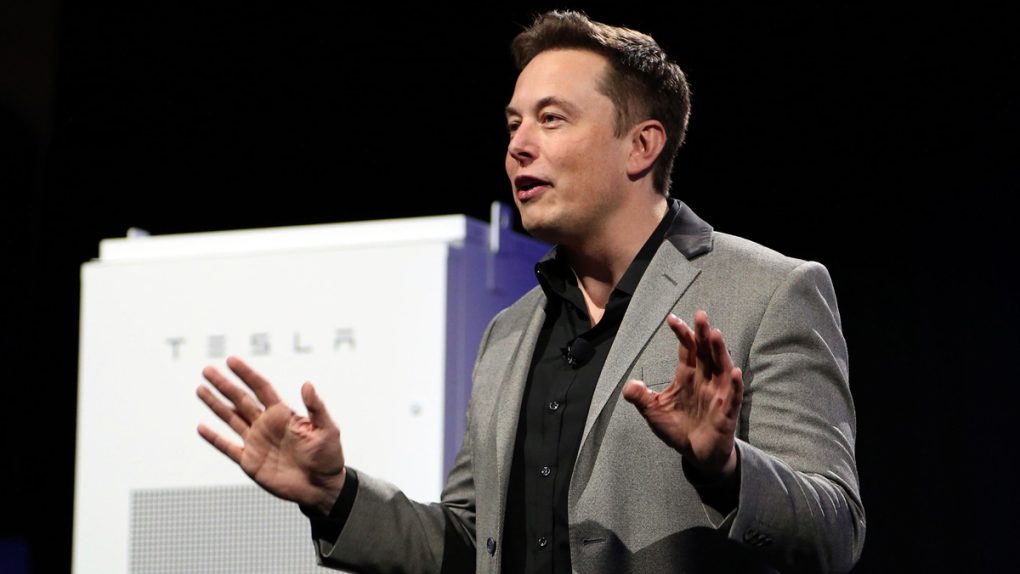Elon Musk — you know, that square-jawed billionaire who can’t stop building groundbreaking companies and wants to merge your brain with a computer in his spare time — has made it very clear that his company, SpaceX, plans to send paying customers in a trip around the moon in 2018. As far as Musk is concerned, the event is on schedule, but one very high-profile man within the Russian private spaceflight industry feels pretty strongly that the American businessman is completely out of his mind.
In a recent interview with a Russian news agency, Vladimir Solntsev, general director of the country’s top spaceflight contractor, RSC Energia, suggested that while the current SpaceX plan is ambitious, it’s ultimately not going to happen. When asked specifically about Musk’s public plans to send paying customers around the moon next year and how that might affect his own company’s efforts to commercialize space travel, Solntsev responded thusly:
I think that [customers] still trust us more. We have 141 manned launches under our belt. Competition is useful, it provides a good motivation to improve a project for the benefit of the customers.
As for the state of affairs specifically at Elon Musk’s company, it would be difficult to carry out such a mission in 2018, and even in 2020. Nobody has yet even seen the designs. There’s no launch vehicle, no spacecraft.
Solntsev went on to criticize the hardware that SpaceX reportedly intends to use for the excursion. “The Crew Dragon spacecraft designed for missions to the ISS, and Falcon 9 launch vehicle are a far cry from a spacecraft and a rocket that are needed for a mission towards the Moon,” the Russian said. “What is needed is a man-rated launch vehicle, 5 to 10 times bigger than what is flying now, a spacecraft capable of reentering the Earth atmosphere with escape velocity after returning from a circumlunar mission, an upper stage that serves as a tug to accelerate the spacecraft and send it towards the Moon, etc. All this requires time and money, we are still in a better position. Time will tell.”
RSC Energia, for its part, has been working hard on its plans to send tourists to space as well, but has experienced several setbacks. It would seem Solntsev is expecting SpaceX to face similar pitfalls, which wouldn’t be out of the question. Still, Musk’s extreme confidence that the mission will take place as planned has thus far shown no signs of delay.








